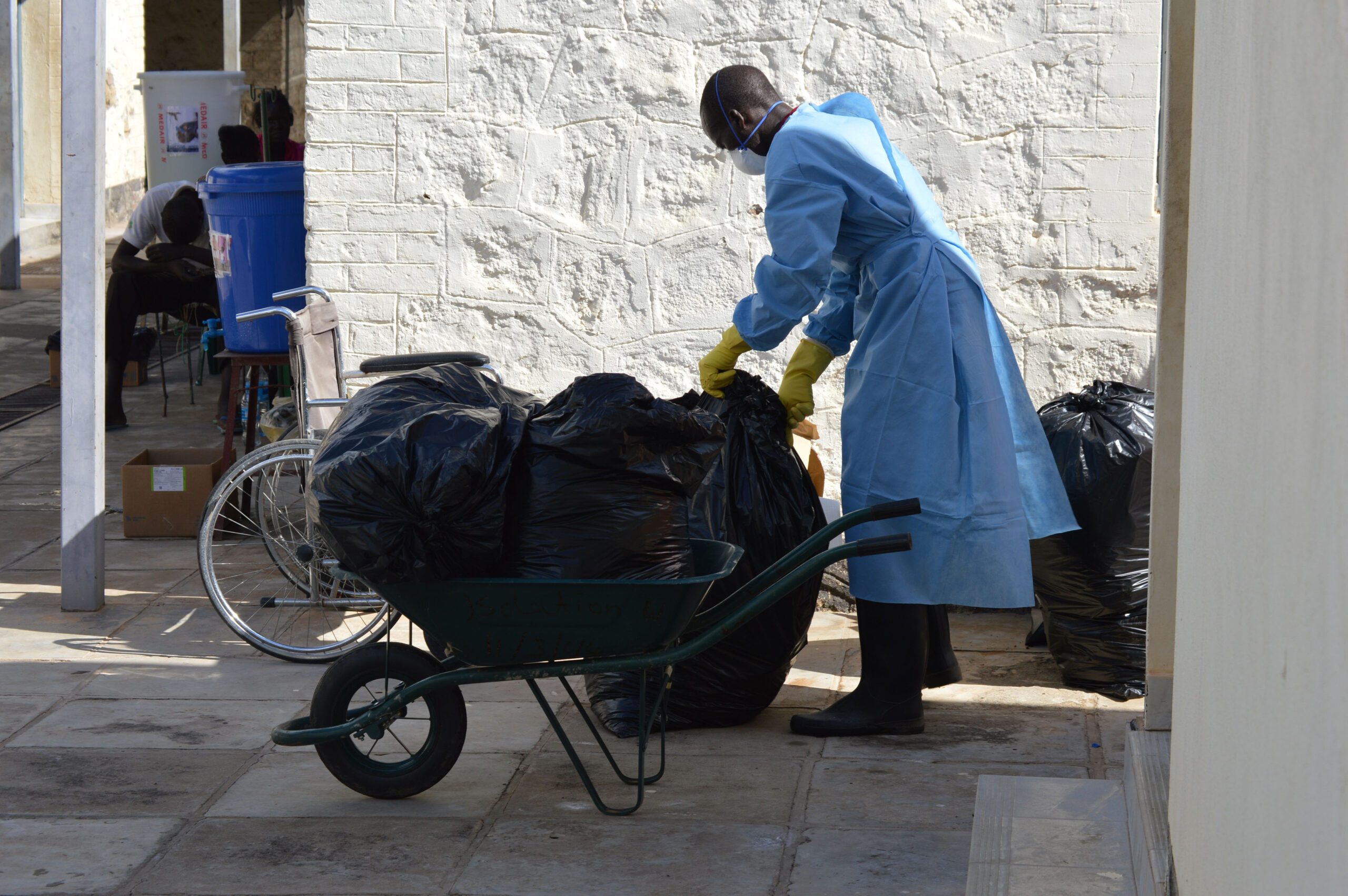
Malawi and Zambia are facing their worst cholera outbreaks in recent months, while Zimbabwe has endured multiple waves of the disease. Mozambique, Kenya, Ethiopia, and Somalia are also grappling with outbreaks.
These countries have experienced either floods or drought, and sometimes both, leading to unsafe water sources and exacerbating the spread of the water-borne bacterial infection. Health authorities, scientists, and aid agencies emphasize that extreme weather plays a significant role in driving disease outbreaks in Africa.
Zimbabwe and Zambia have witnessed a rise in cholera cases amidst severe drought conditions, forcing people to rely on unsafe water sources.
In the aftermath of deadly flooding in Kenya and other parts of East Africa, cholera cases have emerged.
Cholera is often termed a disease of poverty by the World Health Organization (WHO), thriving in areas with inadequate clean water and sanitation, predominantly affecting Africa and South Asia.
Africa, historically vulnerable to disease outbreaks, faces heightened risks due to the severe impacts of climate change and the El Niño weather phenomenon.
Compounding the situation is a global shortage of cholera vaccines, crucial for poorer countries.
In Zimbabwe, worsened by El Niño-induced drought, cholera has spread to rural areas beyond its typical urban hotspots.
Despite vaccination efforts, residents like Tracy Dzinoreva remain fearful due to ongoing issues with water safety and sanitation.
Augustine Chonyera, familiar with cholera-prone areas in the capital, witnessed firsthand the disease’s devastating impact in rural Buhera, underscoring the urgent need for infrastructure improvements.
He advocates for prioritizing local governance and infrastructure repair to address the root causes of cholera outbreaks, emphasizing the importance of clean water and sewage systems.
